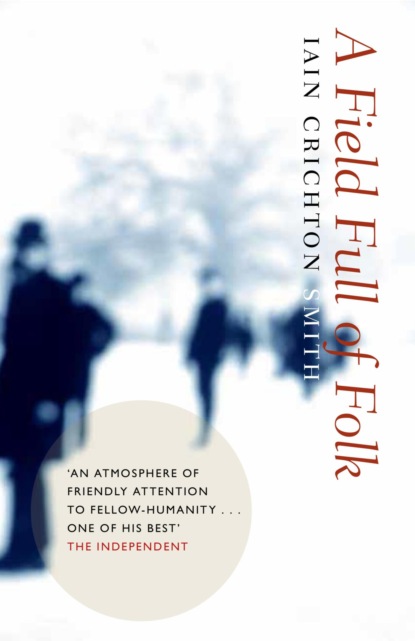Sayfa sayısı 190 sayfa
0+

Kitap hakkında
The world, in Iain Crichton Smith's vision is a field full of folk; and one Scottish village is its microcosm. Here, the Minister wrestles with his loss of faith, and his cancer, concealing them even from his wife, but she had divined them. Mrs Berry cultivates her garden assiduously, and when Jehovah's Witnesses come quoting their texts, she tells them that the hill at the end of the village can be climbed by many paths. Old Annie has no doubts about her path: she has no use for Christianity ('Protestants and Catholics, nothing but guns and fighting') and finds her answer in the East. On more mundane levels, Morag Bheag worries about her son serving in Northern Ireland, and Chrissie Murray shocks the village by leaving her husband and making for Glasgow – taking only a radio with her, that's what shocks most. Murdo Macfarlane vehemently urges his puritanical views – about, for instance, the use of the church hall for a young people's dance – and David Collins nurses his hatred of Germans, but cannot insult them when they come as tourists.
In short, it's a village much like any other, with its prejudices and certainties and kindliness and heartbreak: the whole and the small part. As the Minister sees in his visionary moment at the annual sports, when the petty disputes over the wheel-barrow race and the tragic news of young Bheag's death come together in his realisation that it's all a part of 'this supremely imperfect and perfect earth.'
Crichton Smith's novels never carry any superfluous weight: they're as spare as sprinters. He writes with a poet's concentration, and never more precisely, or more movingly, than here, in what amounts to a gentle, compassionate meditation on life and death, with a warm, affirmative conclusion.
